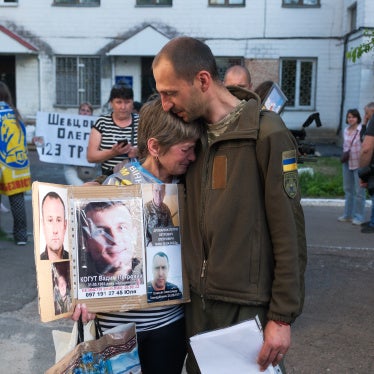Two years ago, when governments adopted a new international treaty to reduce mercury exposure globally, Brazil helped lead the way. It was one of the great supporters of the treaty, the Minimata Convention on Mercury, and signed it immediately.
During long nights of negotiations, we saw the Brazilian delegation in action pushing for the inclusion of measures for the prevention and treatment of mercury poisoning. The delegation was tenacious and -- at one point -- even left the negotiation room in protest when another government used stalling tactics. Finally, the Brazilians succeeded in securing the desired measures. But now Brazil’s momentum is lagging, with predictable harm to Brazilians, including children, who use mercury in their work.
Mercury is a shiny, fascinating, liquid metal—but it is also toxic. It attacks the central nervous system, causing brain damage or other lifelong debilitating conditions, and is particularly harmful to children. In higher doses, it can kill.
The largest sector in which mercury is used globally is artisanal and small-scale gold mining. The metal is mixed into the ground ore to form an amalgam with gold. The gold-mercury amalgam is then held over a flame, so the mercury gets burned off, releasing toxic fumes but leaving behind the raw gold.
Adults and children in artisanal mining communities in Brazil and other parts of the world typically inhale these poisonous fumes as they work every day. At Human Rights Watch, we have interviewed children who were processing gold with mercury and observed young children being exposed to mercury in Papua New Guinea, Mali, Tanzania, Ghana, and the Philippines.
The Minamata Convention has been presented to Brazil’s Congress, but has fallen victim there to broader political debates. There has been little progress toward ratification and approval by parliament, which is necessary to complete Brazil’s process for becoming a party to the treaty.
For the convention to have impact, governments need to ratify it and then follow through to carry it out. They need to introduce alternatives to mercury, eliminate the most harmful methods of mercury use—such as burning the amalgam at home—and provide health care for those already suffering from mercury poisoning.
In Brazil’s artisanal mining communities where adult miners use mercury, every day of delay can mean serious harm – perhaps permanent harm – for those miners and their children. Brazil should re-establish its passion for fixing the mercury problem at home, where it counts the most.
Today is World Environment Day. Congress should take the opportunity to approve the Convention now and enable its ratification by the Brazilian government.









